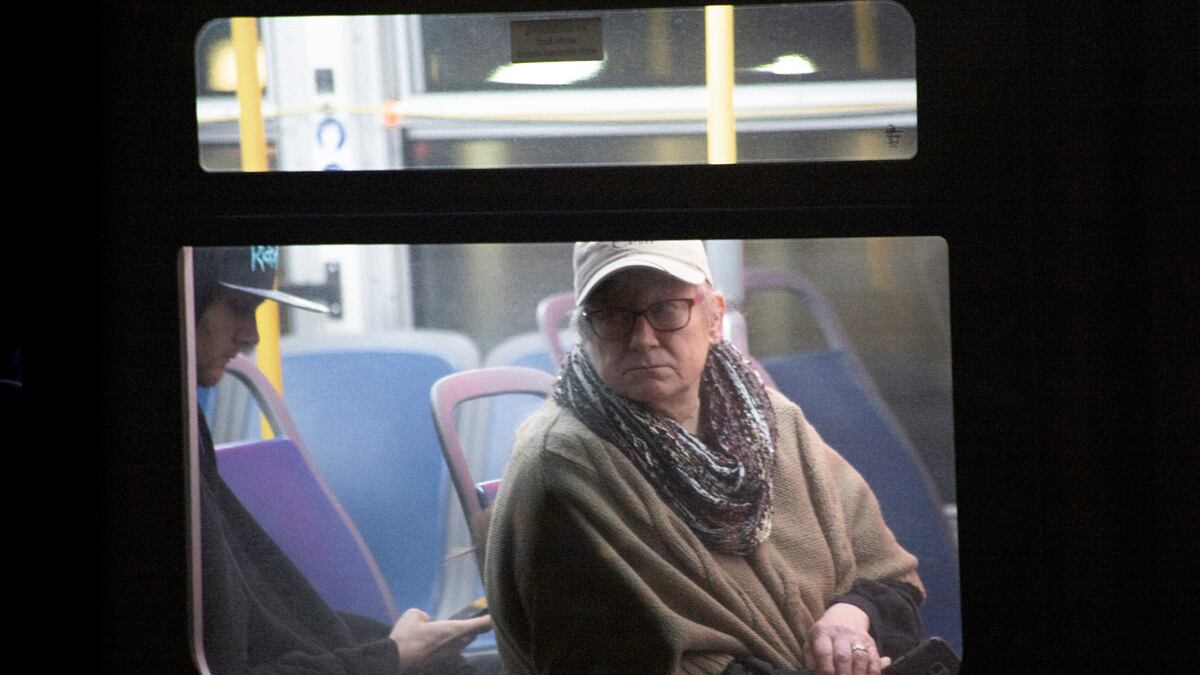The Portland Business Alliance today largely rejected an Aug. 5 overture from Metro Council President Lynn Peterson to defuse opposition by PBA and other business groups to the multibillion-dollar transportation measure Metro referred to the November ballot.
The PBA board voted today to oppose the measure as currently written, and PBA president and CEO Andrew Hoan wrote in an email to Peterson that her proposal to reduce the payroll tax rate from 0.75% to 0.6% was a nonstarter.
"We are in no position to consider a substantial wage-based payroll jobs tax structure which would penalize employment and salaries at this time," Hoan wrote. "We propose that the council withdraw the existing referral to eliminate the unproductive division of our community."
Hoan told Peterson in the email that the only way PBA and its allies could support the transportation measure was if it were much smaller, placed on a later ballot and entirely focused on projects that would benefit area residents who are Black, Indigenous and people of color.
"We then will work with the council and coalition this year on an appropriately sized package focused on improving infrastructure with an equity lens, and an alternative funding solution to a jobs tax in the present package," he wrote.
"We would commit to only the very specific projects which were brought forward by, and prioritized on behalf of, culturally specific organizations, such as the 82nd Avenue corridor and others. With these changes and agreement among coalition members, you could refer an unopposed package with a significantly pared-down cost to support the reduced list of equity focused corridors. We are committed to racial equity and our businesses recognize that those projects will improve safety, and transportation options for historically underserved communities."
That is a thinly veiled slap at the most expensive element of the package: the Southwest Corridor MAX project, which would build a new light rail line between Portland and Tualatin, an affluent, predominantly white suburb.
The tentative price tag for the light rail line is $2.88 billion: $975 million from the bond and $1.8 billion in federal matching funds. As of July 14, Metro expected the measure to raise $4.2 billion and leverage an additional $2.84 billion in matching funds for a total of just over $7 billion. Those figures, however, do not take into account a last-minute exemption Metro added just prior to the July 16 referral vote, which exempted state and local governments from the tax. Metro has not yet made public a new analysis of how much that exemption would reduce project revenue.
Hoan's email today also highlighted a breakdown in trust between Metro and the business community, which earlier worked together to pass both a housing bond and a homeless services measure.
"As you and the council can recall, once Metro decided that the homeless services measure be moved up to the May election, we reacted and advanced to the council and Here Together Coalition that a shared payroll tax should be used to fund both the homeless services and transportation measures in total," Hoan wrote. "The coalition supporting the homeless services measure at that time (many represented on the Get There Together Coalition), along with you and your council, rejected our request citing that a payroll tax was regressive and lacked community support."
"Since then Metro has made politically motivated decisions concerning the transportation measure to eliminate the vehicle registration fee provisions and exclude public entities who employ approximately 100,000 in the region. These decisions put 100% of the cost for the largest tax increase in the region's history on private sector and nonprofit employers and employees to fund a system that everyone uses."
A Metro spokesman referred questions to the campaign.
Abigail Doerr, a spokesperson for Let's Get Moving, the campaign behind the measure, said in a statement that the measure would proceed in spite of PBA's opposition.
"We're glad PBA acknowledges the good faith effort to continue a dialogue and their continued support for the projects and partnerships driving this measure," Doerr said. "Sadly, they listened more to the big corporate lobbyists who control their board than the community leaders and stakeholders and small businesses of the region who understand that delay is the first and worst excuse of people who simply don't want to take action.
"We have overdue seismic and safety priorities, neighborhoods with more people in need of safe sidewalks, congestion approaching pre-pandemic levels, and a racial justice movement calling attention to historic inequities—including transit and transportation.
'The investments in this package need to be started now, so they will be ready when our economy recovers, not in the indeterminate future. And this measure helps that recovery through massive job creation and targeted investment in Main Street businesses. We're moving forward with a strong coalition and support."

